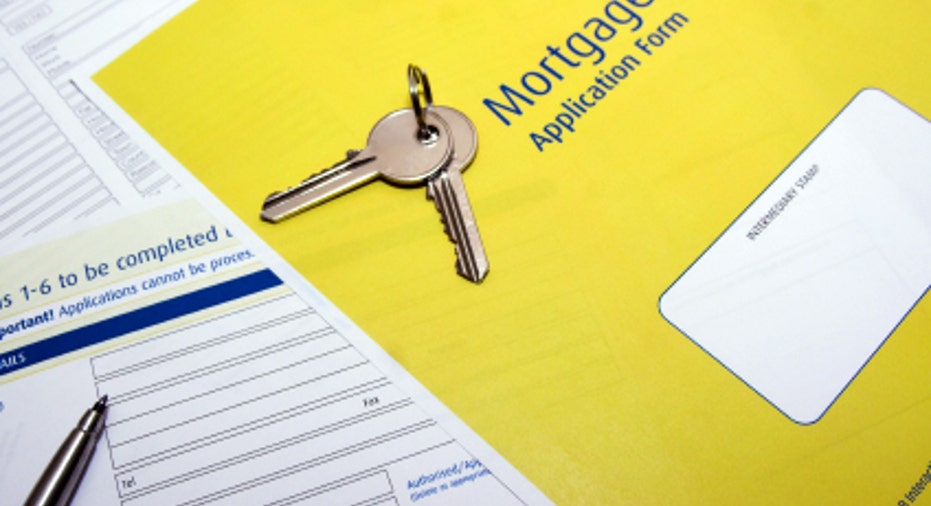Should I Do a Cash-Out Refinance to Invest?

Dear Dr. Don, I'm turning 50 this year and currently am 18 months into a 15-year fixed-rate mortgage. Although I have an attractive interest rate of 3.625%, in today's environment I can refinance, take about $25,000 cash out and maintain the same payment. I could use the cash toward catching up on my 401(k), individual retirement accounts, then other expenses and investment as required. This seems to be a cheap way to do this, so the cash-out refinance seems a no-brainer that would add only about 18 months to my original mortgage. Thoughts? Thanks. -- Mark Mortgage
Dear Mark, As I write this, Bankrate's national average for a 15-year fixed-rate loan is 3.48%. For you to have the same payment on a new cash-out refinance and new 15-year fixed-rate mortgage, the interest rate would have to be around 2.625%, or a full percentage point lower than your existing loan.
If you can justify the refinancing on its own, then the cash-out decision comes down to whether you can expect to earn more after-tax on your investments than you pay after-tax on your mortgage. You're borrowing to invest. That makes sense only when you earn more on your investments than you pay on your loan.
I did a little back-of-the-envelope calculating. It may not exactly represent your situation, but it should be close. I assumed you could get the new mortgage at 3%.
The cash-out refinance has you paying an additional $2,545 in total interest expense. You realize $3,531 in savings from refinancing the existing mortgage but effectively pay an additional $6,076 in interest expense to borrow the $25,000 and repay it over 15 years. Together, those numbers give you the net increase in interest expense of $2,545. I've ignored the tax impact and any closing costs.
The refinancing decision on its own is a nip-and-tuck, depending on the loan's closing costs and how long you plan to be in the mortgage. You have to decide if your after-tax investment yields are expected to be higher than the after-tax rate on your mortgage before you commit to the cash-out part of the new mortgage.



















